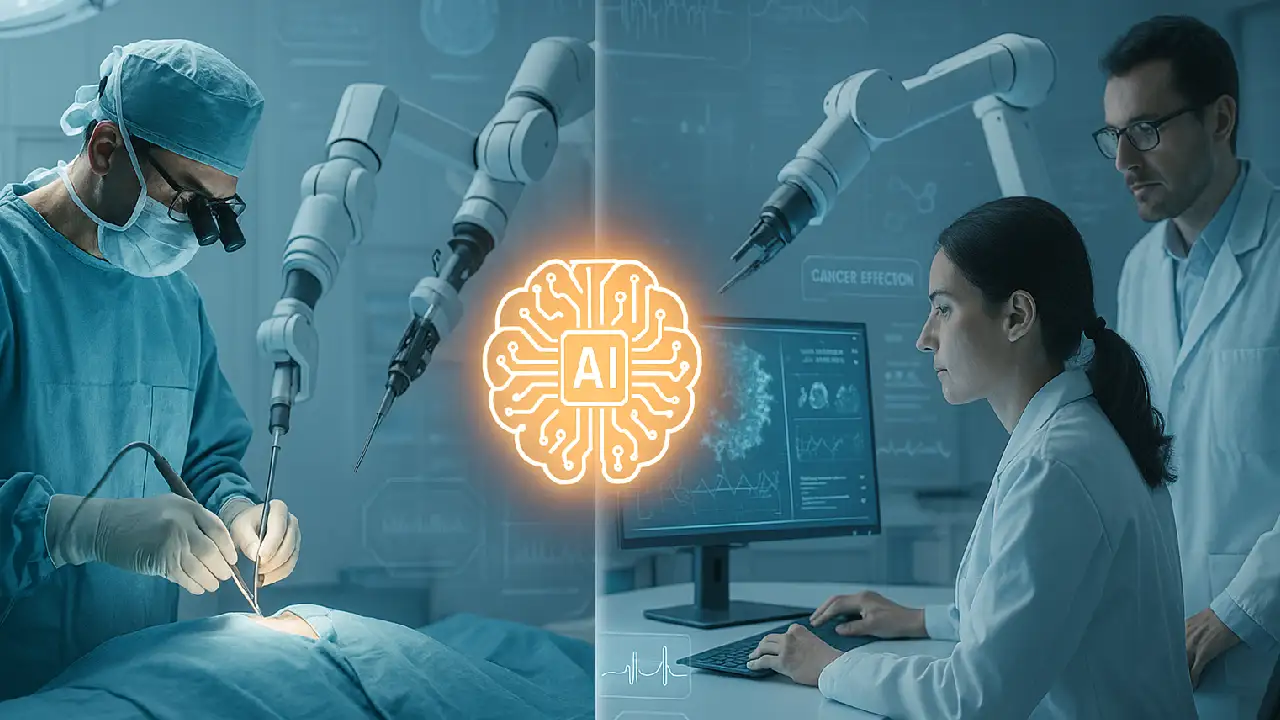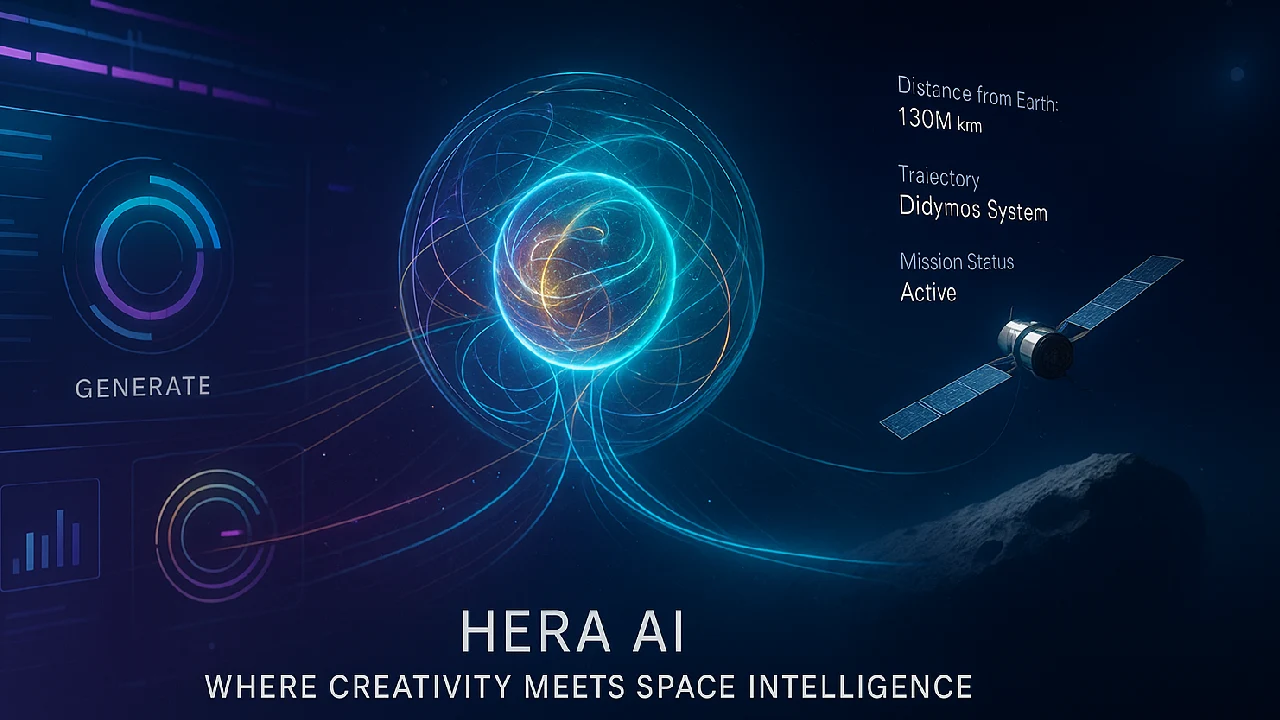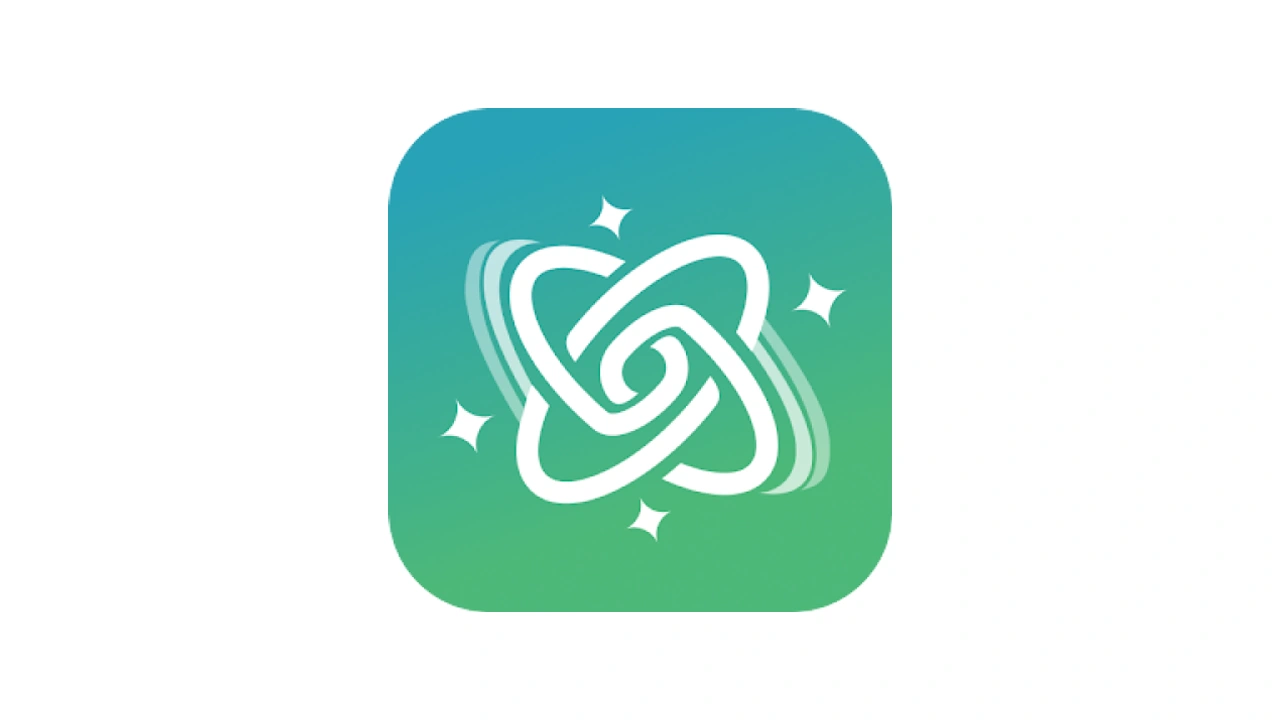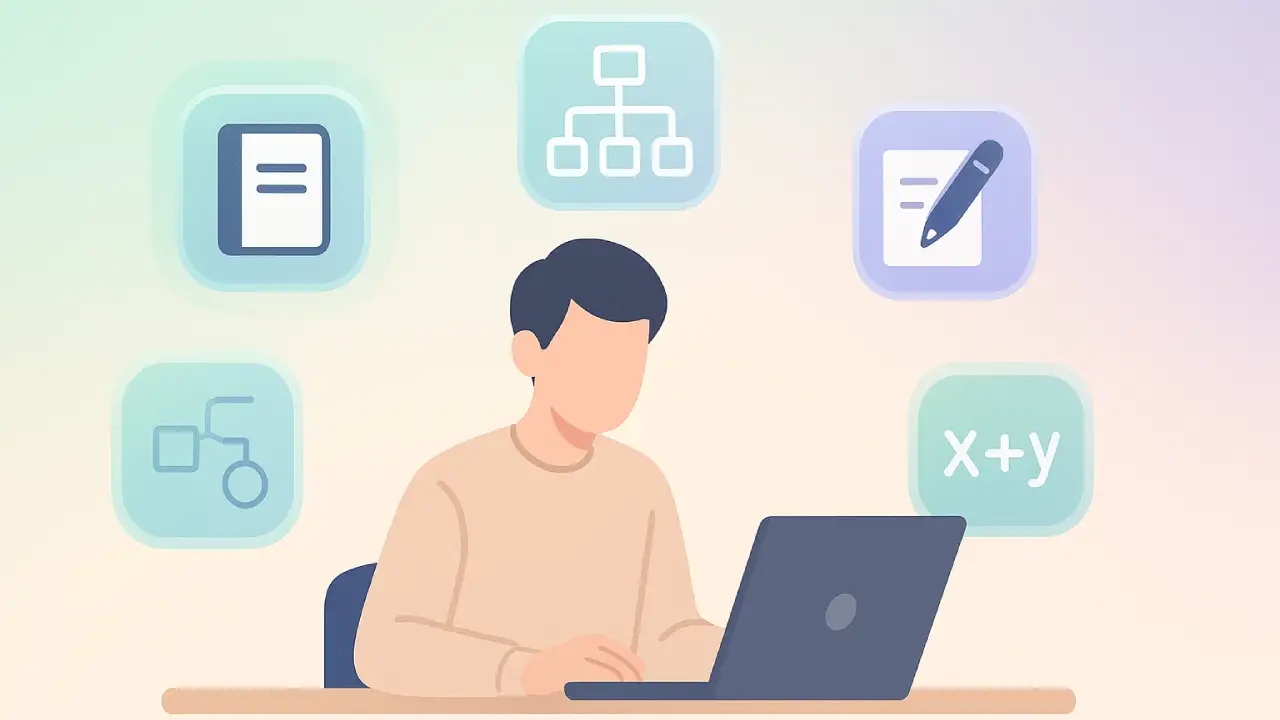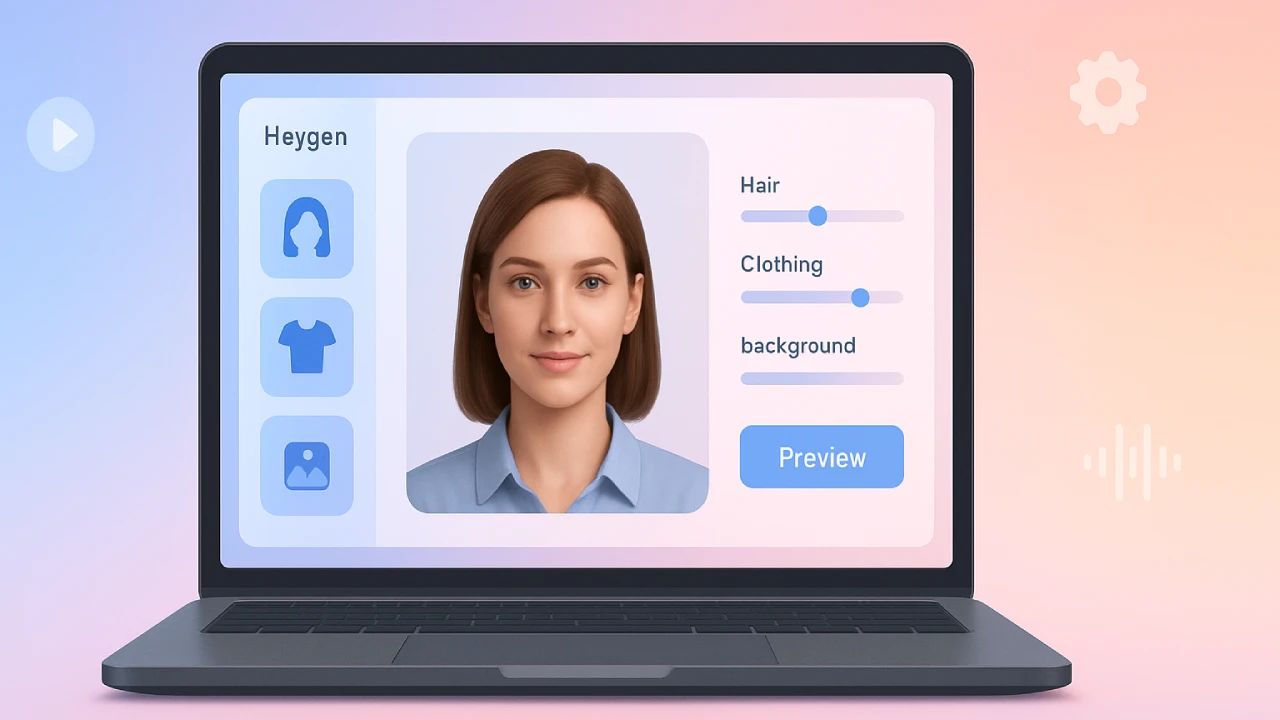Picture a world where AI makes life saving Robotic Surgery not only more accurate but also a lot less expensive. A strong Indo-German alliance is now shaping that future. AIIMS in Delhi and TU Dresden in Germany are working together to change surgery with the use of AI and other advanced technologies.
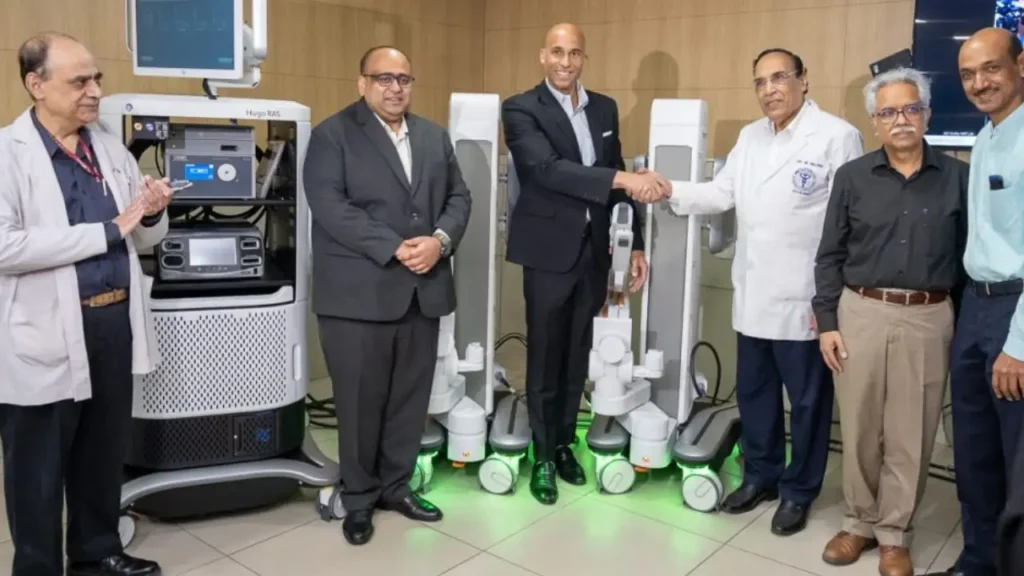
This historic partnership’s main goals are to make robotic procedures easier to get, use AI in cancer treatment, and improve early cancer detection through liquid biopsies. We talk about what this relationship entails, how it works, and why it matters around the world in this blog.
What is the AIIMS-TU Dresden Collaboration?
Prof. Ursula Staudinger (Rector, TU Dresden) and Dr. M. Srinivas (Director, AIIMS New Delhi) signed a Letter of Intent (LoI) to make this strategic relationship between AIIMS Delhi and TU Dresden official. The idea is simple but revolutionary: to use India’s medical knowledge with Germany’s engineering skills to make new achievements in healthcare.
The joint effort aims to:
- Develop low-cost robotic surgery systems.
- Integrate AI in surgical oncology.
- Innovate with liquid biopsy technology for early, non-invasive cancer detection.
Key Areas of Collaboration
The partnership focuses on three core pillars:
1. Translational Research
This involves speeding up the process of getting scientific discoveries from labs to real-life patient care. Both organizations will work together to create technologies that are more than just prototypes and can be used in hospitals.
2. Digital Integration in Clinical Settings
The goal of the alliance is to make hospitals smarter and surgeries safer by using AI to plan procedures and analyze data in real time during operations.
3. Joint Startup Incubation
The partnership helps health-tech entrepreneurs in both India and Germany by encouraging new companies to start up in med-tech, AI, and diagnostics.
Breakthrough Technologies in Focus
Here are the specific innovations being developed:
Robotic Oncology Surgeries
Right now, robotic surgeries cost more than ₹2–3 lakh per. The goal of this partnership is to produce robotic devices that are affordable and use AI to make precise surgery available all over India.
AI in Surgery
Using machine learning to help surgeons plan and make decisions during cancer surgery could lower the risk of human mistake and enhance results. AI models can look at pictures in real time, find problems, and make surgical margins better.
Liquid Biopsy
Liquid biopsies are different from regular tissue biopsies since they look for cancer signals in blood or other fluids. This technique is better at finding cancer early since it is cheaper, safer, and easier to scale up. Dr. M.D. Ray of AIIMS said that this could change the way cancer is treated in both cities and rural areas.
Benefits of the Collaboration
For India:
- Access to advanced German engineering in medical devices.
- Boost to AI-driven diagnostics in public health.
- Affordable healthcare for millions.
For Germany:
- Access to high-volume clinical data from AIIMS.
- Real-world testing grounds for AI healthcare solutions.
- Strengthened science diplomacy with India.
For the World:
- A new global prototype for scalable, affordable, and AI-powered healthcare.
- Shared research, startup incubation, and cross-border talent exchange.
Real-World Applications
This isn’t just an academic tie-up. Some immediate real-world outcomes include:
- AI-assisted robotic systems tested in oncology departments at AIIMS.
- Pilot programs on liquid biopsy rolled out for early-stage cancer screening.
- Startups incubated jointly to work on hardware, diagnostics, and AI modeling.
The collaboration is backed by the Indo-German Science & Technology Centre (IGSTC) and supported by the Embassy of India in Germany, making it a diplomatic as well as a scientific milestone.
Why This Matters Now
The tie-up comes at a time when AI in healthcare is booming globally, yet still unaffordable for many. With India’s massive patient base and Germany’s precision tech, this initiative could democratize access to life-saving innovations.
It also builds on TU Dresden’s existing transCampus ecosystem with IIT Madras—now expanded to include AIIMS New Delhi as a core partner. This strengthens the Indo-German corridor of excellence in engineering, medicine, and AI.
Conclusion
This partnership between AIIMS Delhi and TU Dresden is more than just a research agreement; it’s a revolutionary change in healthcare. The cooperation is paving the way for AI-powered, inexpensive, and ready-for-the-world medical solutions by combining clinical scale with technical precision. This Indo-German project could be the model that everyone needs as the globe tries to close the gaps in healthcare.
For more news on how AI is changing our future, keep checking dontleaveit.com.

